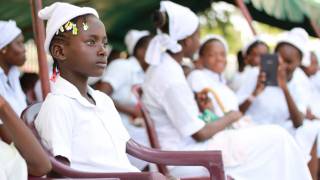Social Media Messages Promote HPV Vaccination Risks

The human papillomavirus (HPV) is the most common sexually transmitted infection in the U.S. According to the Centers for Disease Control and Prevention, it is associated with various health problems, including genital warts and cancers. But, an HPV vaccine has been available since 2006 to help stop the virus, yet HPV vaccination rates across the U.S. remain low.
Monique Luisi, an assistant professor in the University of Missouri School of Journalism, has studied more than 6,500 public HPV vaccine-related posts on Facebook from 2006 to 2016 and found nearly 40% of Facebook posts about the HPV vaccine amplified a perceived risk. The data also suggest these posts had momentum over time.
HPV vaccine risk amplification message appeared in 39.5% of posts, attenuated in 2.9% of posts, with the remaining 57.7% doing neither.
Luisi stated in a press release, "People are going to see what they are going to see on social media, so it's important to not only take what you see on social media but also talk to a doctor or health care provider."
"Just because it's trending doesn't mean it's true."
In the USA, the Gardasil 9 vaccine is generally available, while other HPV vaccines are available in other countries.
Our Trust Standards: Medical Advisory Committee























